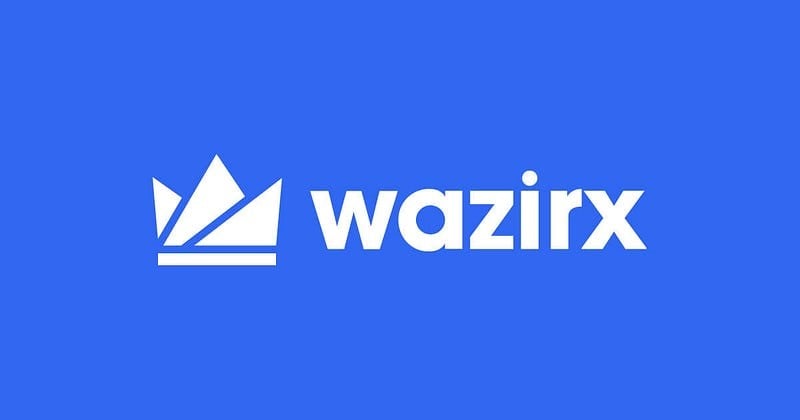ARTICLE AD BOX

- Singapore court approves WazirX recovery plan, enabling token-based compensation for users affected by the $235M hack.
- WazirX collaborates internationally to recover stolen assets and initiates a token buyback for user compensation.
In January 2025, the Singapore court has approved WazirX’s plan to repay users harmed by the $235 million hack. Of course, this approval represents a new route for the exchange in its attempts to rebuild public confidence and reduce the influence of the unwelcome event.
 Court Approval for Scheme Meeting Granted
Court Approval for Scheme Meeting Granted
We're pleased to announce that the Singapore High Court has granted us leave to convene a Scheme Meeting. This marks another significant milestone in the restructuring process as we move closer to the distribution of Net Liquid… pic.twitter.com/tHGwKD0bGo
— WazirX: India Ka Bitcoin Exchange (@WazirXIndia) January 23, 2025
Important Steps Made by WazirX in Repaying Users
Previously, the court had approved WazirX a four-month moratorium in September 2024 to create a recovery plan. The crypto exchange will focus on restructuring and presenting a proposal during this time to repay users fairly. With this approval, they can now schedule a scheme conference with creditors in order to carry out calculated actions to recoup lost money.
The distribution of recovery tokens to impacted users of its platform is one of the main projects suggested in this strategy. Trading these tokens on the secondary market allows users to lower their losses throughout the recovery period. Furthermore, the exchange intends to start a buyback token program meant to increase the value of the recovery tokens.
Concentrate on Fund Recovery
The exchange is also collaborating with foreign authorities to track and recover assets taken during the event, therefore complementing the compensation plan. This initiative has produced direct USDT directly tied to the hack frozen of $3 million. Investigation and recovery of additional assets is still in progress at the time of writing.
Although the restructuring proposal presents promising opportunities, final approval still rests on the choice of the creditors. Liquidation would be an alternative should most of the creditors reject the plan. But compared to the first option, the liquidation procedure is projected to take more time and maybe give less reward to offended users.
.png)
 7 hours ago
4
7 hours ago
4








 English (US)
English (US)